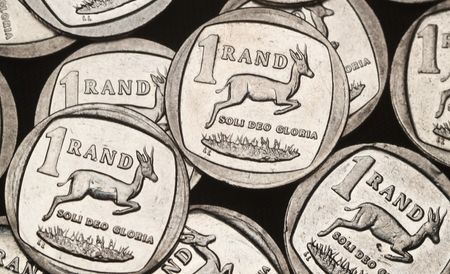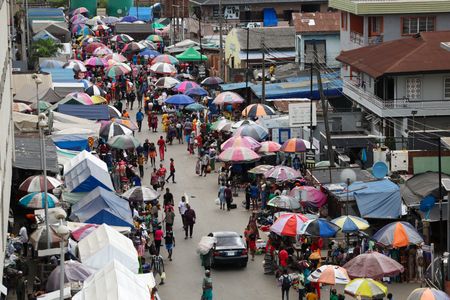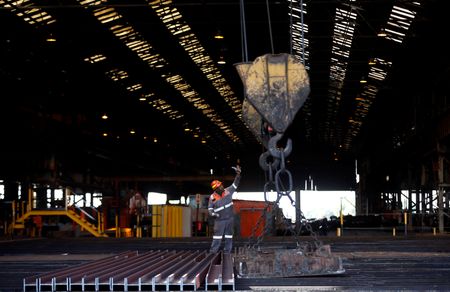By Nqobile Dludla
GQEBERHA South Africa (Reuters) -The South African arm of Japanese automaker Isuzu Motors aims to be the manufacturing hub of commercial trucks for the African market, helping it increase volumes and locally sourced parts, its president said on Friday.
Billy Tom, President and CEO of Isuzu Motors South Africa told Reuters he has been engaging with Japan on the plan.
“We’re saying to them, instead of producing vehicles in Japan, you’ve got a facility in Africa. We can produce the vehicles here,” Tom said.
Isuzu has done some successful trials of manufacturing a truck and its body locally, Tom said. Some of its truck bodies are imported from countries like China and the Middle East.
The company’s South African plant manufactures Isuzu D-MAX pickup trucks, assembles medium-heavy and extra-heavy commercial trucks and imports the Isuzu MU-X SUV for distribution to African markets.
Its export volumes for trucks into the rest of Africa are very limited but it exports its pickups to more than 30 African countries.
“So we’ve targeted West Africa as a starting point and then we’ll see how it goes,” Tom said.
“We’ve been looking for opportunities in the African business. About six years ago 15% of my volumes were in Africa. That number is now 22% to 23%. Our ambition is to get that number to 45%.”
Tom is hoping to take advantage of the African Continental Free Trade Area, ratified by 49 countries and launched in 2021, though less than half the member states actively trade under the framework of zero tariffs.
The big seven car companies manufacturing in South Africa including Volkswagen, Toyota and Mercedes-Benz are looking at ways to safeguard their production volumes as the influx of imports, especially from China, threaten the local industry.
South Africa’s automotive masterplan has set a target of 60% local content by 2035 but has remained stagnant at 39%, Minister Parks Tau told delegates earlier in the week at an auto parts conference.
The plan also targets between 1.3 million and 1.5 million vehicles produced in South Africa by 2035 from a current average of 600,000 units.
“That threat of deindustrialization is there and probably getting bigger as well, because if you look at the growth of what is imported into the country, that number is growing,” Tom said.
Some 64% of vehicles sold in the country are imports, and Tau has said that through the country’s international trade administration body, his department will probe the impact of automotive imports on local production.
(Reporting by Nqobile Dludla;Editing by Elaine Hardcastle)










